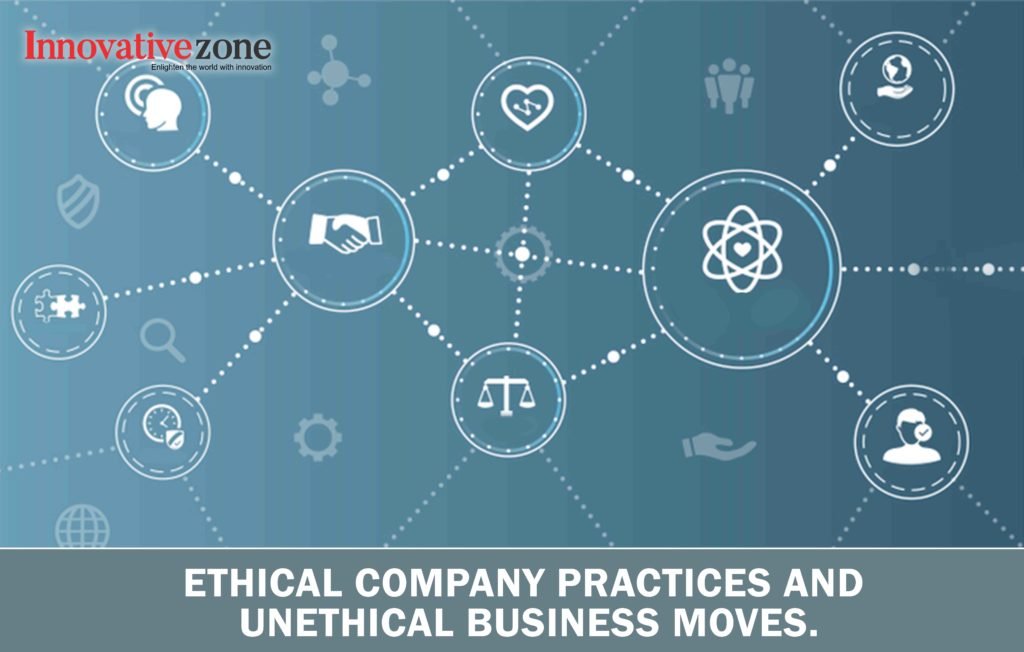Ethical Company practices and Unethical Business moves
In 2014, India made it compulsory for companies that have a net profit of Rs 5 crores or greater to give away a portion of its profit for the well being of the society. That was indeed a great move. No other countries in the world had such mandatory laws. Top Indian companies like Infosys, Mahindra and Mahindra, ITC, Tata Motors, Hindustan Zinc, Bharat Petroleum, Ultra Tech and many more began incorporating CSR initiatives in their business strategies successfully.
Such initiatives show the human face of an ambitious business. Besides helping the society, this is also very beneficial for the growth of the business. It builds goodwill and this goes a long way in building trust among the consumers.
An initiative to contribute to the well being of the society indeed benefits the company in the process. The companies gain customer’s trust, which in turn results in building a global reputation. To stand true to its reputation, the company builds the best of products. This leads to the expansion of its market. As the network expands, more investment begins to flow in. As the money flows into the company, the business flourishes. CSR initiatives are a big reason for business success.
Let’s take an example of Infosys. The CSR statement of the company says that “ Eradicating extreme hunger, poverty, and malnutrition, promoting preventive healthcare and sanitation and making available safe drinking water”. This is such a noble deed and plays an important role in the development of the nation. Mahindra & Mahindra aims to ‘Transform the lives of people in India through education, by providing financial assistance and recognition to them, across age groups and across income strata’
Dominos decided to serve only vegetarian pizza in Gujrat, valuing the sentiments of the large section of the community members. Both Apple and Paytm have switched to 100 percent renewable sources of energy.
But there’s a business side of it. One of the biggest pharma companies in the world, a British drug company, GlaxoSmithKline (GSK), has been selling drugs and saving lives across the globe for decades. However, the company also got into sleazy practices and continued selling an unauthorized drug for curing depression among children.
Deloitte, a major computer manufacturer has been in talks for its suspected huge accounting malpractices. H&M has been a global manufacturer of clothing and that too in an eco-friendly way. But there are questions on their treatment of workers at their factory outlets. Talking about organic food, as they become more popular, India has begun to export a lot of such products.
As the market grows, so are the malpractices. Recently the exported food from Nainital and Tamil Nadu were caught in the United States for false labeling of organic food material on the package. It was caught because the US had advanced technology to catch these frauds. Just imagine the level at which it is out there in the Indian market, jeopardizing the health of so many trusted consumers.
So, is the law of corporate social responsibility building a voluntary approach to help out the society or is it a forced action due to stricter laws. If the former approach is true, it is indeed a move that can make the nation a much better place. However, if the latter approach is followed, companies will continue to find a loophole to make more money out of such practices. This, in turn, will do more harm than good.


